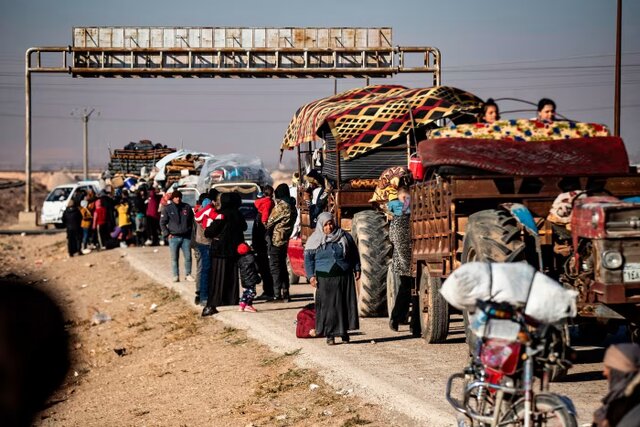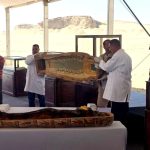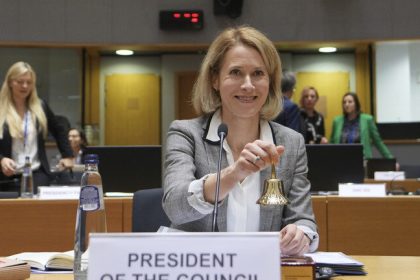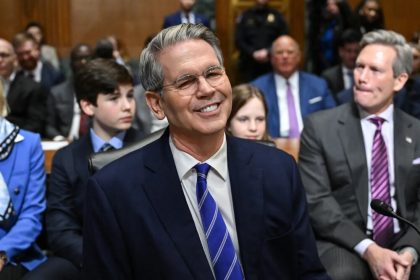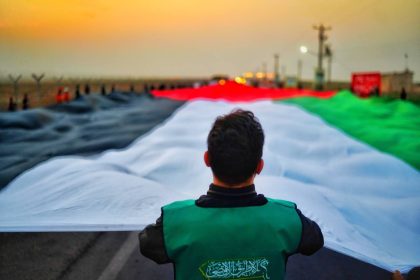Financial Times: Trump’s return has worried the Syrian Kurds
With the fall of Bashar al-Assad’s government and the return of Donald Trump to the White House, Syrian Kurds are worried about the end of US support.
According to Isna, in an article referring to the support of the United States to the Syrian Kurds, the English media reported that with the victory of “Donald Trump” in the American elections, this group is worried about the termination of Vanshegten’s support.
According to the Financial Times, the Syrian armed opposition that recently overthrew the government of Bashar al-Assad has launched a separate offensive that has received less media coverage. The “Syrian National Army”, which is an armed group supported by Turkey, has been involved in recent days with the “Syrian Democratic Forces” known as the “QSD”, a military group that has been supported by the United States and Ankara considers it a serious threat.
The Syrian Kurds, whose population is about 2 million people and make up 10% of the country’s population, created their own territory during the Syrian civil war, and now they fear that the situation will change in the new government, which is supported by Turkey. find worse Ankara views the SDF as an offshoot of the Turkish Kurdistan Workers’ Party (PKK), an armed group that has fought the Turkish government for four decades.
The United States had armed the SDF to fight ISIS, but now the return of “Donald Trump” as the new president of the United States has raised the question of how long Washington’s support will continue. According to the British media, the United States has been using Kurdish groups as ground forces in Iraq and Syria for decades and stopped supporting them after the use of these groups. Some worry that this will put the Kurds at risk and give ISIS a chance to rebuild.
Renad Mansour, an expert on West Asian affairs at the “Chatham House” think tank, says: “Syrian Kurds are now in a very dangerous situation. They are related to PKK and this brings Syrian Kurds into conflict with Türkiye. They have no real allies anywhere and are dependent on the US, but the US sees them as a tool. “Their concern is that they might be seen as useless nuts.”
“Syrian Kurds, America’s toy”
Kurds have a population of about 40 million people across West Asia, who are divided between Iraq, Iran, Syria and Turkey. Turkish Kurds’ struggle for independence has led to the creation of several armed movements such as the PKK in Türkiye. Iraqi Kurdish parties also seek to form a Kurdish government, but their semi-autonomous government has close ties to Baghdad.
Syrian Kurds leave “Aleppo”.
For much of the Syrian civil war that began in 2011, Kurdish armed groups preferred maintaining control of their territory to fighting Assad, and the United States used them as allies in the fight against ISIS. Washington trained and armed the “People’s Defense Units” known as “YPG”. These forces then united with other groups and formed the SDF forces, which played the role of ground forces in the American air campaign against ISIS.
These groups took advantage of the chaos of the Syrian civil war, and now the number of SDF forces is estimated to be close to 100,000. These forces control about 25 to 30 percent of the Syrian territory, which mainly includes the northeastern areas of the Euphrates River.
According to the Financial Times, Trump’s return to the White House on January 20, 2025 has put the continuation of US support in doubt.
Fear of repeating past policies
During the first term of his presidency, Trump withdrew American forces from northern Syria and exposed Qasd to Türkiye’s attack; A country that has thousands of troops in northern Syria and has launched several attacks against Kurdish forces over the past decade.
Although the US still has around 900 special forces in the region and supports them by providing air cover and intelligence to the SDF forces, Trump has again expressed his opposition to Washington’s continued presence in Syria. Last week, in response to the fall of Bashar al-Assad’s government, he wrote in a message on the X social network (formerly Twitter): “The United States should have nothing to do with this issue… Do not interfere!”
Saying that some Kurds are worried about the repetition of Trump’s previous policies towards the SDF, Farhad Shami, the spokesman of the SDF in Syria, said: “To be honest, we are afraid that the same thing will happen again. “We are afraid that the United States will leave us.”
In the mid-1970s and during the Persian Gulf War in 1991, Washington supported Kurdish movements in Iraq, but after achieving its goals, it stopped supporting and left the Kurds alone.
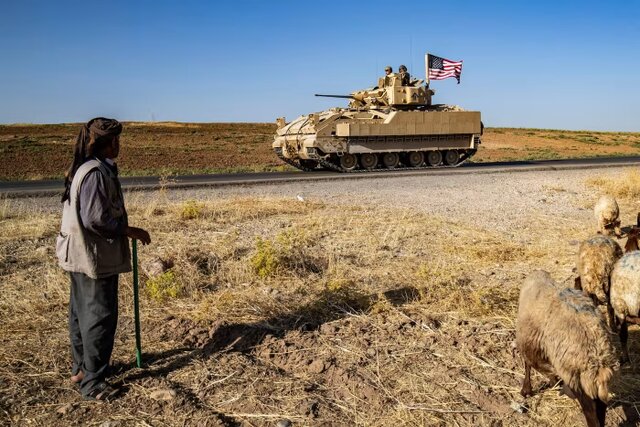
American soldiers in northeastern Syria
America is now considering cooperation with the armed groups that have dominated Syria under the leadership of Hayat Tahrir al-Sham. In this way, this group cooperated with the “Syrian National Army” and is now forming an interim government. However, Trump has made his position known.
“In the next 40 days, we will have a new president in the United States who wants to withdraw from Syria and has shown a great desire to grant concessions to the Turkish president in the past,” said John Alterman of the Center for Strategic and International Studies. “
The victory of Qasd is the defeat of Türkiye
The United States has tried to dissuade Ankara from attacking the SDF, but Türkiye considers the presence of this group a serious threat. In recent days, the Syrian National Army tried to capture the city of Manbij, which was under the control of the SDF forces, and a fierce conflict broke out. The Syrian National Army was supported by Turkish attack drones, and a SDF spokesman said the group’s forces shot down a Turkish drone on Wednesday.
On Wednesday, with the ceasefire between the SDF and the Turkish National Army and the withdrawal of the SDF forces, the clashes in Manbij ended. However, the spokesman of the SDF said that fierce clashes continued near the Tishrin Dam in the Euphrates River, and their forces were targeted by artillery and attack drones in the city of Kobani.
According to the Financial Times, Turkey is concerned that Kurdish autonomy in Syria could fuel separatist tendencies among Turkey’s Kurdish population, which is far larger than Syria’s.
Masoud Yegan of the Istanbul-based think tank “Reform Institute” says that the SDF’s close relationship with the PKK, which has led an armed struggle for autonomy inside Turkey, has made the SDF the opposite of the Turkish government.
He says that Türkiye cannot witness that it has been at war with a group for the past 40 years and now this group comes to power in its neighborhood in Syria. According to this analyst, SDF forces are not an armed threat to Türkiye, but their victory means Türkiye’s defeat.
end of message
News>RCO NEWS
RCO




